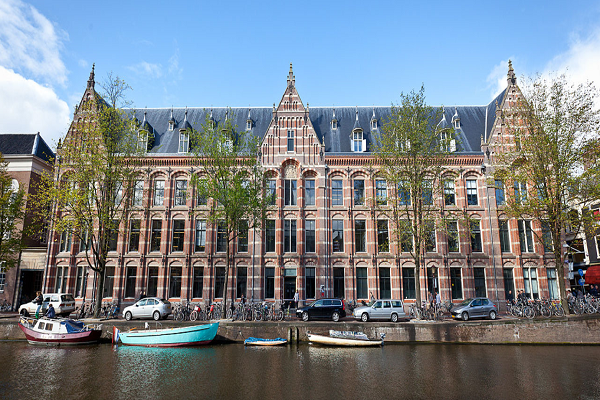University of Amsterdam: Henkjan Honing and Sanneke Stigter receive PDI-SSH funding
The funding was granted by the Platform Digital Infrastructure Social Sciences and Humanities (PDI-SSH). The platform uses resources from the SSH sector plan of the Dutch Ministry of Education, Culture and Science. Eligible projects focus on digital infrastructure facilities within the domain of social science and humanities.
A flexible and sustainable infrastructure for MUSic-related Citizen Science Listening Experiments [MUSCLE]
Data science has had an enormous impact on music research in the last few years, with several international labs basing their scientific insights on large amounts of empirical data. The University of Amsterdam has contributed to this research by showing that engaging games can serve as a powerful method to attract hundreds of thousands reliable participant responses. This unprecedented scale is necessary to characterize musical behavior properly, in particular how it varies among individuals and across societies. In addition to the technical demands of game-like listening experiments, both music and citizen science require infrastructural support that is currently not addressed by any of the existing digital infrastructures (such as CLARIAH). Hence, the aim of the current proposal is to fill this gap by developing a flexible and sustainable infrastructure for music-related citizen science listening experiments, for domains that have special needs with regard to high-quality, platform-independent audio presentation, processing and timing of responses (e.g., music information retrieval, music cognition, computational musicology, phonetics and speech research). The software developed in the project will be made available as an open-source toolkit that both Dutch and international universities can choose to adapt on their own servers.
Faculty of Science
improve the digital research chain around using Oral History and spoken narratives, with research into artworks and museums as a use case. Holding unique audiovisual recordings about artworks in their archives, museums have a severe backlog in disclosing and sharing this information, because of the laborious workflow of storing and transcribing, the sensitivity of some of the material, and the lack of tools to use and reflect upon the content. These are generic problems for all researchers engaging with spoken narratives. An improved and user friendly deposition workflow that automatically connects to an automatic speech transcription service will resolve a significant part of this problem. Additionally, the improved workflow enables the development of new tools that especially aim at facilitating reflection by contextualizing the source material with layers of user interpretations, placing the researcher’s viewpoint into perspective. Opening up the behind the scenes of museums in a smart way, OH-SMArt advances research with spoken narratives around artworks and contributes to existing digital research infrastructures with domain-wide applications for knowledge development.

